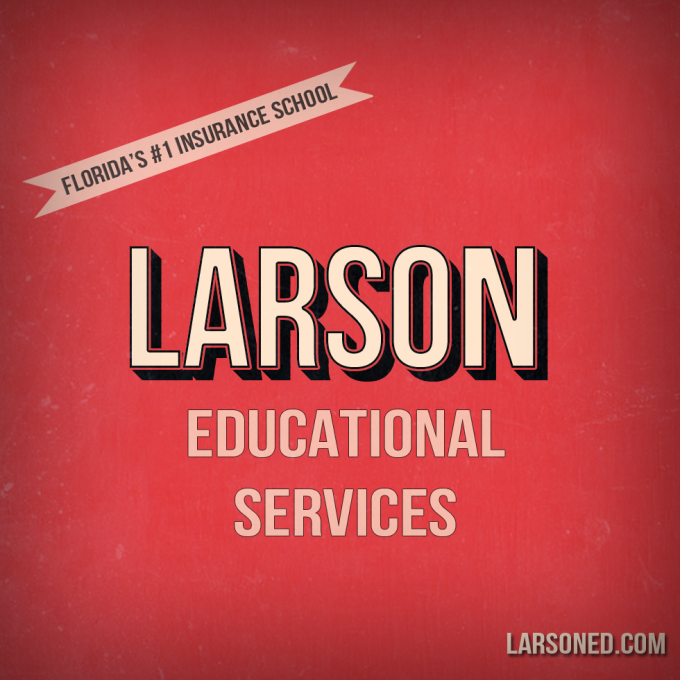When people are faced with the unknown, they will often choose inaction.
Why?
Because inaction is the default--it's inside your comfort zone to do what you've always done.
That's why so many potential first-time home-buyers often bite on the first house in their price range or simply choose to continue renting.
Here's how you can handle the unknown of buying your first home.
1. Decide if buying is right for you
So often, people talk about renting as "throwing money away."
Is it really?
You need a place to live, don't you? So you pay money in exchange for a roof over your head.
Just because you're not building equity with a rental like you would with your own property doesn't mean the rental is a waste of money.
Think about it this way: it might be cheaper to grow your own food rather than buy groceries every week, but does that mean you're "throwing money away" at the grocery store?
Does that mean you should buy a farm?
Consider your long-term goals and ask yourself if owning a home fits with your personal, professional, and financial future.
And try out this excellent interactive "Rent Vs. Buy" calculator from the New York Times: https://www.nytimes.com/interactive/2014/upshot/buy-rent-calculator.html
2. What you're approved for is not necessarily what you can afford
If you've decided that home ownership is right for you, then getting pre-approved for a loan should be one of your first steps you take.
A mortgage loan originator will look at your financial situation and determine your buying power.
You might be pre-approved for, say, a $350,000 mortgage, but does that mean you need to find a $350,000 home?
Absolutely not.
And not every loan originator will be created equal. They are an integral part of the home-buying process, so you should shop around for the best one the same way you would for your real estate agent.
Your agent and her brokerage may have a relationship with a loan originator, but do your due diligence and see if there are other options in the area.
3. Find a great agent
The agent who comes recommended by your aunt or your best friend may not be the best agent for you.
Your needs in an agent may be different from the people who recommend them.
And the best agent may not be your friend. It's a nice thought to help your real estate agent friend by giving him your business, but a lot of friendships have ended when money came into the equation.
Working without an agent is an even more treacherous road to wander down.
An individual may sell their own home as a for sale by owner listing (FSBO) in an effort to save on the agent commission.
In some rare cases, these FSBO sellers may request that you purchase without an agent, just as a way to keep agents out of the transaction.
Not a good idea.
Find an agent you trust and who can serve as your expert on a potential neighborhood or a certain property type.
4. Try to be objective
Of course you should have some sort of emotional attachment to the home you eventually purchase. However, there are a handful of factors that can emotionally sway your decisions.
For example, you might be in a pinch for time and need to move in fast on a purchase. Or maybe a certain property just hit the market, or there are other offers on the property.
Utilize your agent in these situations. They will be able to provide you with more objective information, such as recent purchase prices on comparable homes.
5. Consider the true cost of ownership
When considering the monthly costs of home ownership, there's more to it than just insurance, taxes, and the loan.
Routine (and not so routine) maintenence can add up quicker than you think. And deferring maintenence costs a lot more than routine maintenence.
There's no landlord or property manager to save you now: it's all coming out of your wallet.
Set aside money every month for maintenence--not only for routine fixes, but for emergency stuff as well, so these extra costs don't come at the wrong time.
Also, consider how much will your utilities cost. Find out if there is reliable internet and cell service in the home as well.
6. Don't bank on funding your retirement
When you buy your home as a place to live, it's best not to think of it as an investment.
It's not important what your home is worth at this moment, all that matters is that you're happy with it in this moment.
It's not important what your home is worth at this moment, all that matters is that you're happy with it in this moment.
When it comes time to sell, all that will matter is how much it will be worth then.
And even if you take a loss on the sale, consider the years of use and happiness you got from the property.
Sign up for classes by visiting us at LarsonEd.com.
Larson Educational Services
1400 Colonial Blvd. #44
Fort Myers, Florida
33907
239-344-7510














